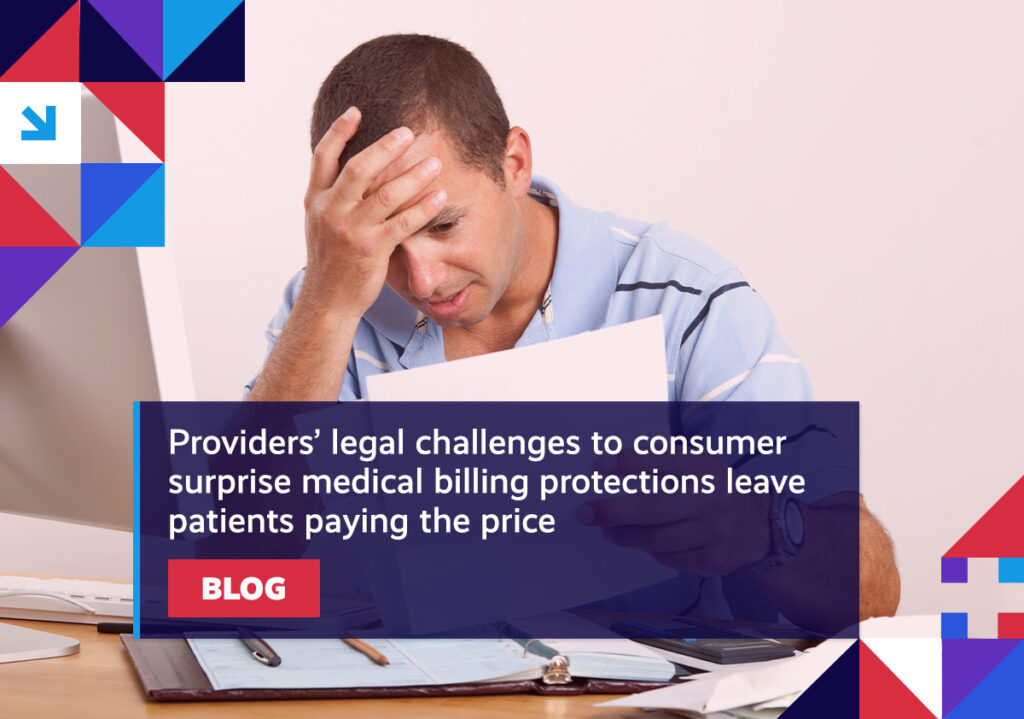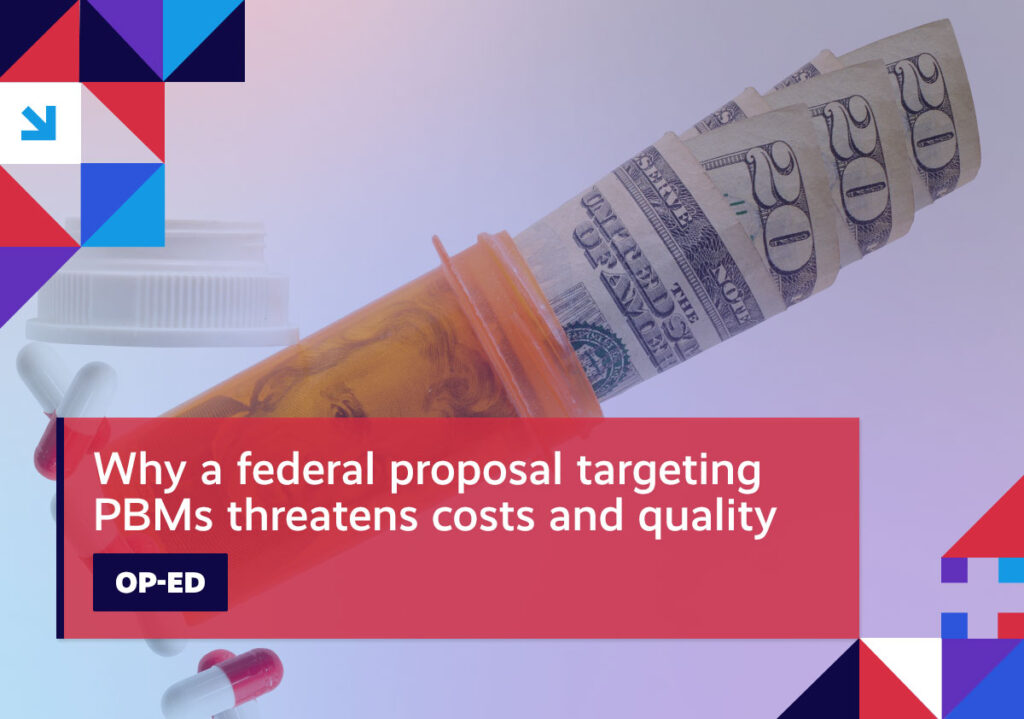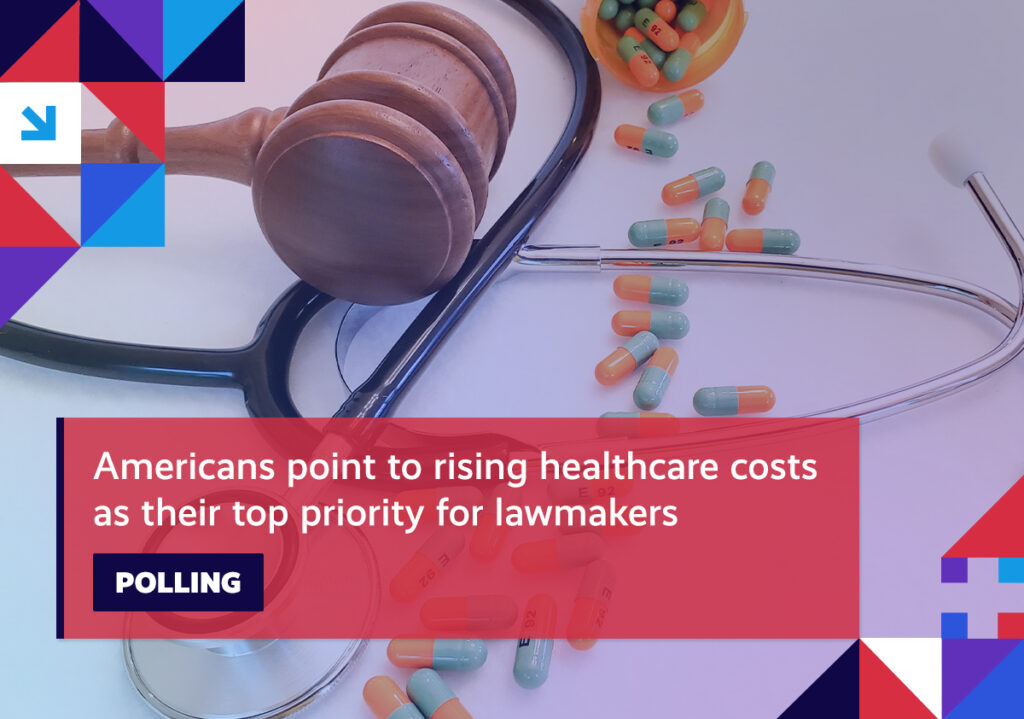A quick roundup of the issues driving the healthcare reform conversation.
Item of the Week

Spotlight
CHARITY CARE More than three-quarters of nonprofit hospitals spent less on charity care than the value of their tax breaks.
Quick takeaway: The value of these “fair share” deficits totaled $14.2 billion in 2020.
Further context: According to a recent analysis:
- The total amount of this fair share deficit would be enough to erase the medical debt of 18 million Americans.
- The $14.2 billion would also rescue the finances of more than 600 rural hospitals at risk of closing.
- Many of the nonprofit hospitals with the largest fair share deficits also received millions of dollars in COVID relief funding.
- The total fair share deficit would be enough to wipe out all medical debt in four states (Massachusetts, Minnesota, Rhode Island, and Washington, DC).
- In 41 states, that amount would cover the net losses of all rural hospitals in that state.
What it means: As recently highlighted, nonprofit hospitals are granted these tax breaks in exchange for the charity care they provide or the community investments they make.
This latest data puts a finer point on the issue, leading some to question whether these substantial tax exemptions could be better employed elsewhere in the healthcare system.
FACILITY FEES The high – and growing – cost of emergency department visits is being made worse by facility fees.
Quick takeaway: In addition to the professional charges for physicians or advanced practice providers, a visit to the emergency room increasingly includes a facility fee, as well.
Further context: According to a recent study, between 2004 and 2021, average facility fees increased four times faster (531 percent) than professional fees (132 percent) for emergency department evaluation and management services.
What it means: Excessive utilization and spending for emergency department visits has become a growing concern for healthcare stakeholders, especially as the average charge for these visits has increased 57 percent from 2012 to 2019.
PBM VALUE PBMs produce billions of dollars in taxpayer savings.
Quick takeaway: Pharmacy benefit managers (PBMs) work every day to secure prescription drug cost savings for their customers, including consumers, employers, and taxpayers. Those savings, or rebates, negotiated from drugmakers are typically passed directly to health plan sponsors, such as federal health programs and state governments.
Further context: In the Medicare Part D prescription drug program, PBMs pass back 99.6 percent of these rebates to plan sponsors.
According to one analysis, because of the work of PBMs, federal taxpayers save $53 billion each year.
What it means: Unfortunately, misguided proposals targeting PBMs, such as the “Pharmacy Benefit Manager Transparency Act” (S.127) currently being considered in the U.S. Senate, would dramatically increase costs for taxpayers by as much as $40 billion annually.

PRIVATE EQUITY Last year was the second-best ever for private equity healthcare deals.
Quick takeaway: Despite larger environmental headwinds, private equity investors enjoyed a banner year in 2022, with the total disclosed value of deals in the healthcare space totaling $90 billion.
Further context: That figure represents over $10 billion more than the next-closest year, leading experts to characterize 2021’s high of $151 billion as an outlier.
What it means: By virtue of their overarching profit motive, experts continue to raise alarms that the business model of these private equity firms incentivizes short-term profits over all other considerations, like quality and outcomes.
Spotlight

| You can keep up with the latest by following the Health Action Network on Twitter and by liking us on Facebook. And, be sure to check us out on LinkedIn, too. As always, let us know if there’s something you’d like to see covered in a future newsletter. |
The Health Action Network includes everyday Americans—families, workers, businesses, patients, providers, neighbors, and friends. We are working together because we support market-based solutions that offer better healthcare choices and help build a stronger economy. The Health Action Network is an Elevance Health, Inc., initiative.
